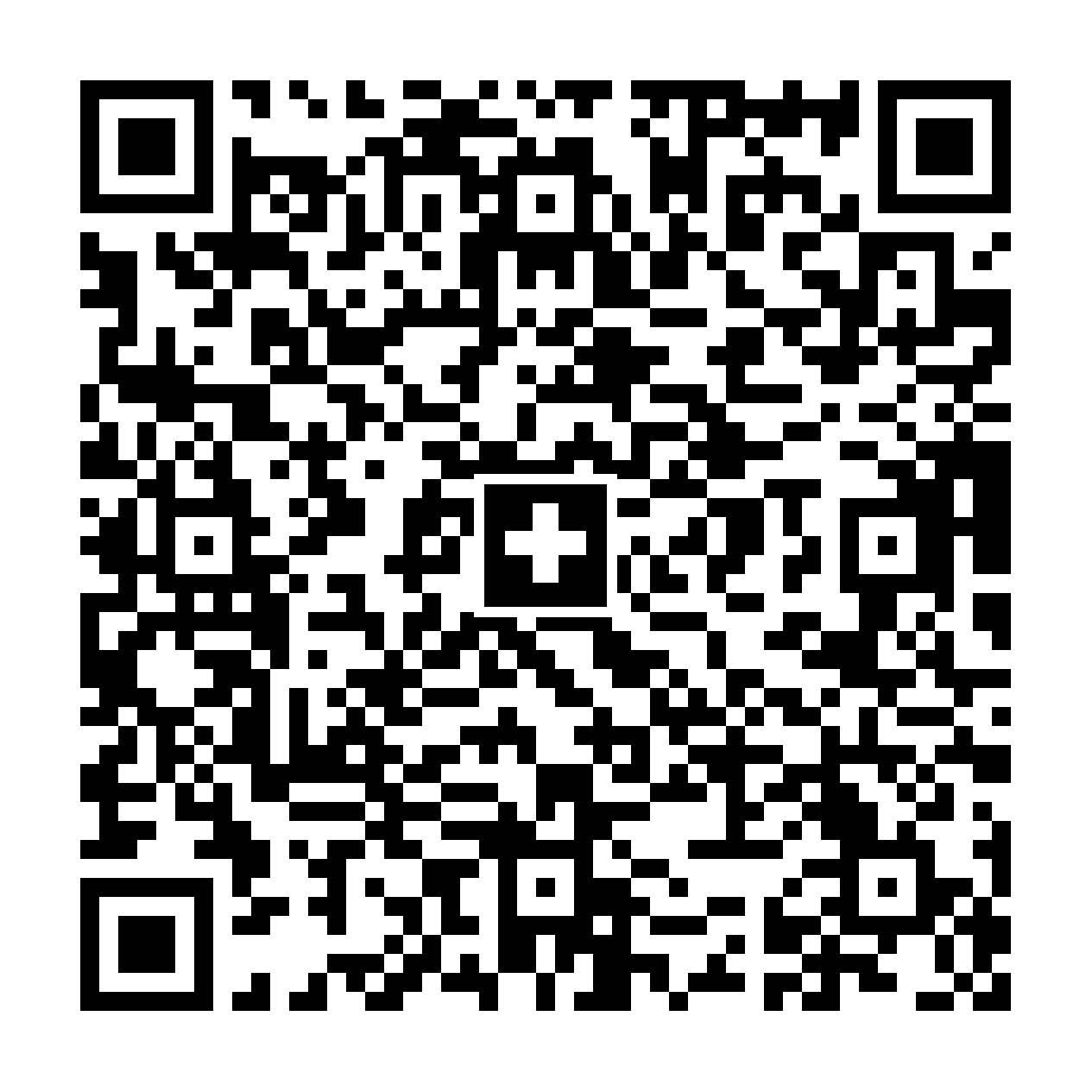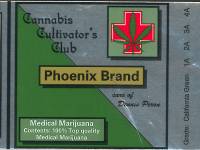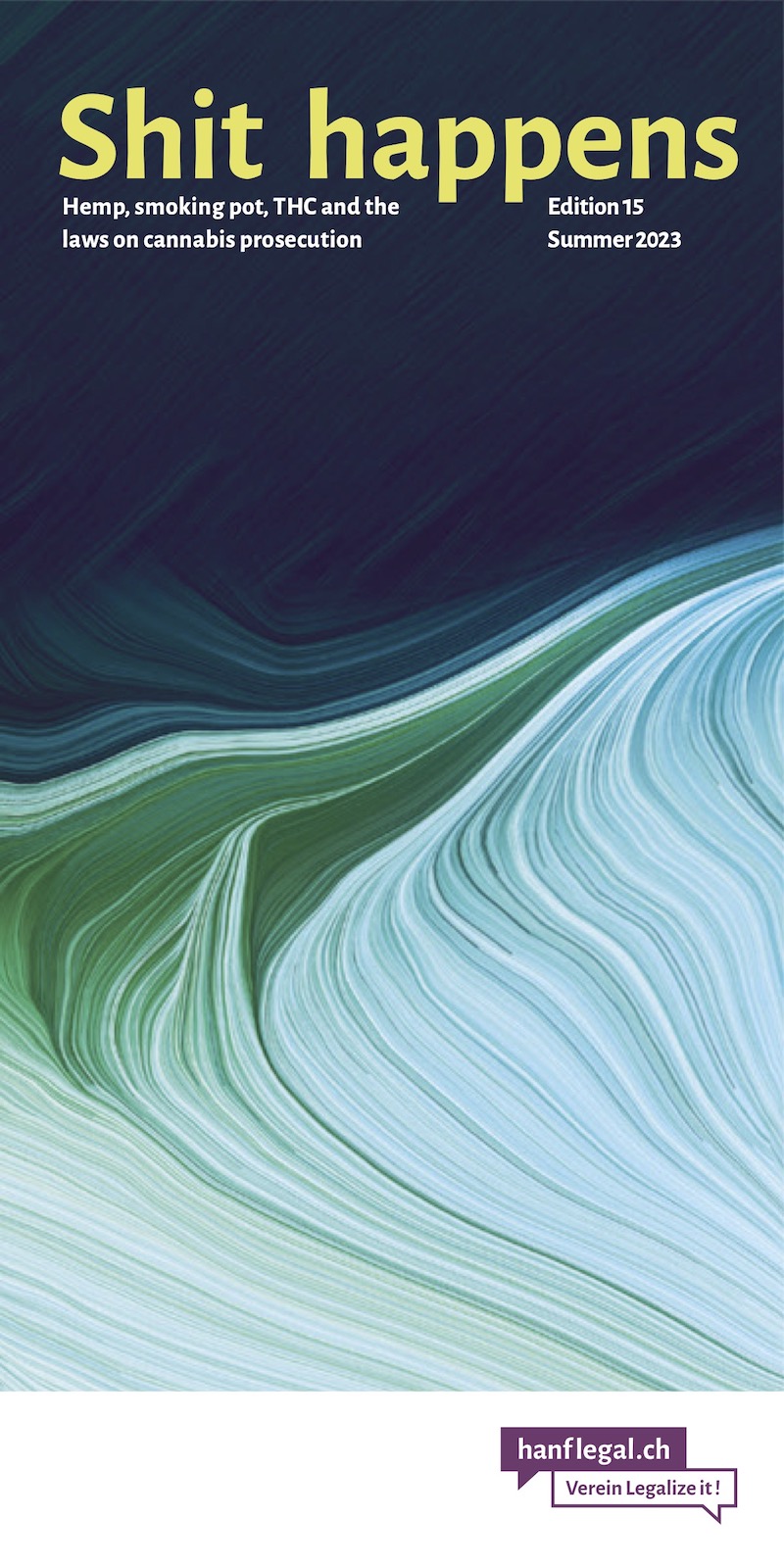- THC & Law:
Cannabis as medicine: interactions
The active substances in hemp have a variety of effects. We listed the medical possibilities in the last issue. If other active ingredients are consumed in addition to cannabinoids, interactions may occur.
Cannabis and THC can either increase or decrease the effects of other medications. Conversely, other medications can also modulate cannabis effects. Interactions often happen because the drugs and cannabis target the same receptors. The degradation process of the substances also plays an important role. The most important interactions with other medications known today are listed below.
Antidepressants
The sedative effect of tricyclic antidepressants may be enhanced. The antidepressant effect may also be enhanced.
Benzodiazepines
The antiepileptic effect of benzodiazepines may be enhanced.
Beta blocker
The increase in heart rate caused by cannabis can be reduced by beta blockers.
Anti-nausea agents
The antiemetic properties of cannabis and phenothiazines may reinforce each other. In the case of serotonin antagonists, which are frequently used in cancer chemotherapy, the same applies.
Glaucoma medication
The intraocular pressure-lowering effects of cannabis and corresponding medications reinforce each other.
Insulin
In humans, no relevant influences of cannabis on sugar metabolism are shown.
Neuroleptics
The antipsychotic effect of neuroleptics can be reduced. Conversely, cannabis can contribute to the reduction of movement disorders triggered by neuroleptics.
Opiates
The pain-relieving effects of the two substances can reinforce each other. In addition, cannabis counteracts the nausea that opiates sometimes cause.
Sleeping pills
The sedative and sleep-inducing effects can be enhanced by cannabis.
Theophylline
This is a substance used to treat asthma. Cannabis accelerates the breakdown of theophylline, which can lead to an increase in the dose of the same.
Alcohol
Cannabis and alcohol mutually reinforce each other's effects. Caution is advised when driving a vehicle or handling heavy machinery (reactivity, concentration).
Heart rate increasing substances
The heart rate increasing property of cannabis can be enhanced by such substances (e.g. amphetamine, cocaine, atropine). Caution with higher doses. Serious complications may occur with existing heart disease.
Non-steroidal anti-inflammatory drugs
These include aspirin, for example. These inhibit the psychological effects, heart rate acceleration, lowering of intraocular pressure and probably many other positive properties of THC. However, a combination is not harmful.
Contraindications and precautions
Absolute contraindication means that drugs must not be taken under any circumstances; relative contraindication means that they may only be used under certain conditions.
Absolute contraindication
There are people who are allergic to THC or other cannabis components. Under these circumstances, consumption should be refrained from.
Relative contraindications
Relative contraindications include severe psychiatric disorders such as schizophrenia. Conversely, however, cannabis can also have a positive effect on individual people with psychiatric disorders.
Pregnancy and nursing mothers should also be cautious because of possible transmission to the (unborn) child.
In heart diseases (coronary sclerosis, time after myocardial infarction, arrhythmia, cardiac insufficiency) overdoses should be avoided.
Older people in principle react differently to drugs than younger people. In their case, cannabis may cause unpleasant psychological side effects.
Caution is also advised when using heavy machinery or driving a vehicle, as the ability to concentrate and psychomotor skills may be affected.
Patients suffering from Huntington's disease may experience a temporary worsening of symptoms.
Cannabis is well tolerated
Support our work with a donation:
Bank transfer
Account number (IBAN):
CH02 0900 0000 8709 1354 3
Full account details
Or scan this QR code with your eBanking App (ZKB, Revolut, Postfinance, …):

Or open/share the QR code as PDF file with your eBanking App.
Credit card
Donate via credit card
Verein Legalize it!
Quellenstrasse 25
8005 Zürich
Threema ID 7NH65RBY
Don’t miss anything! Follow us on social media:


